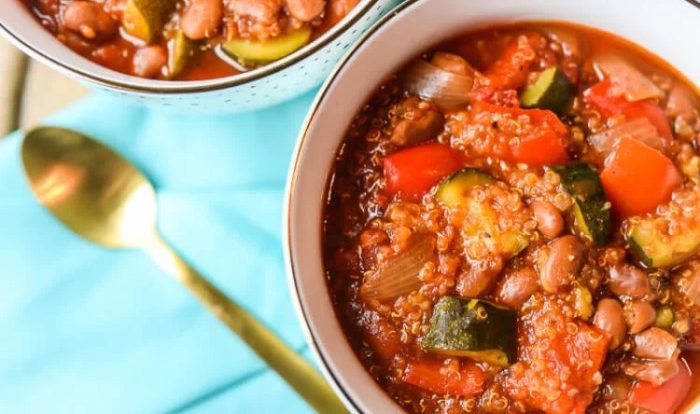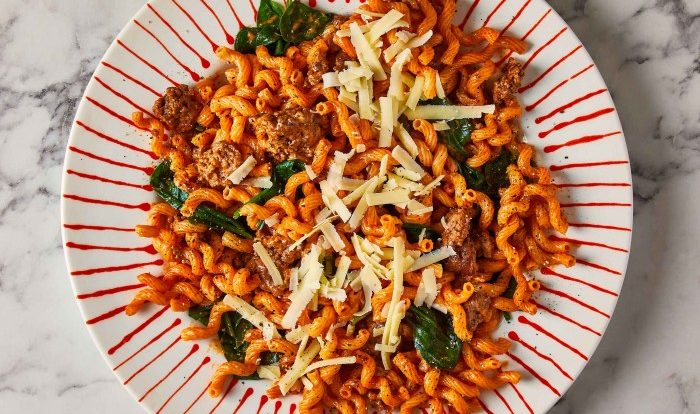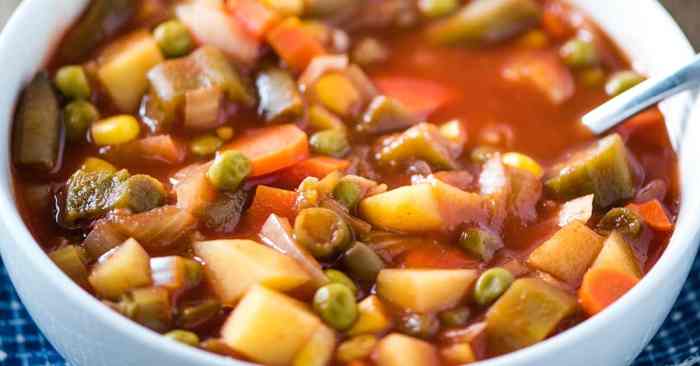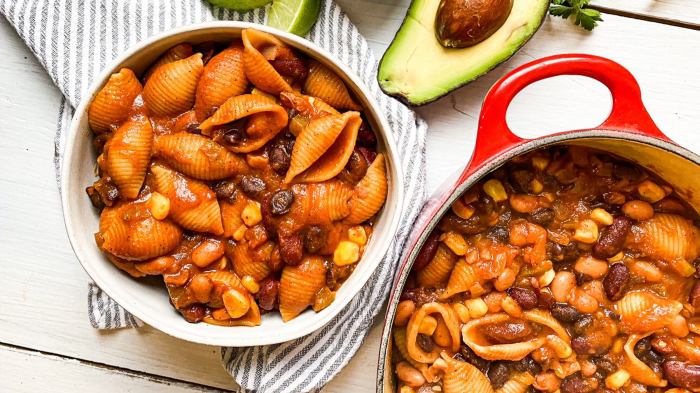Are protein cookies good for weight loss – Delving into the realm of weight loss, the question of whether protein cookies are a viable ally has been buzzing. With their promise of high protein content, these cookies entice us with the allure of satiety and calorie control. But do they truly live up to the hype? Let’s delve into the nutritional depths of protein cookies and uncover their impact on our weight loss journeys.
The nutritional profile of protein cookies reveals a dance between macronutrients, with protein taking center stage. Compared to traditional cookies, they boast a higher protein content, potentially promoting satiety and reducing overall calorie intake. Research suggests that protein’s role in metabolism and appetite regulation may contribute to weight loss success.
Nutritional Profile of Protein Cookies
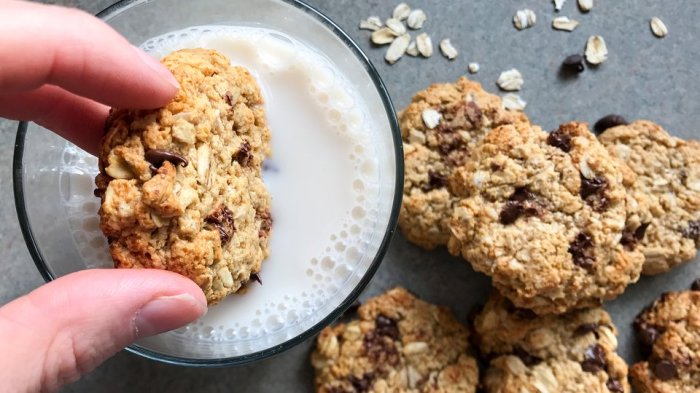
Protein cookies, unlike traditional cookies, boast a distinct macronutrient composition tailored to support weight management goals. They are characterized by higher protein content, moderate carbohydrate levels, and often reduced fat content compared to their traditional counterparts.
Macronutrient Composition
- Protein:Protein cookies typically contain a significant amount of protein, ranging from 10 to 20 grams per serving. This protein content contributes to satiety, helping individuals feel fuller for longer and potentially reducing overall calorie intake.
- Carbohydrates:Protein cookies generally have a moderate carbohydrate content, usually ranging from 20 to 30 grams per serving. These carbohydrates provide energy and support blood sugar regulation, while the lower carbohydrate content compared to traditional cookies helps manage calorie intake.
- Fat:Protein cookies often have a lower fat content than traditional cookies, typically ranging from 5 to 10 grams per serving. This reduced fat content helps minimize calorie intake and supports a healthier overall nutritional profile.
Comparison to Traditional Cookies
Compared to traditional cookies, protein cookies offer a more favorable nutritional profile. Traditional cookies are typically high in carbohydrates and fat, contributing to higher calorie content. In contrast, protein cookies provide a balance of protein, carbohydrates, and fat, making them a more suitable choice for individuals seeking to manage their weight.
Impact on Weight Loss
Protein plays a crucial role in weight loss due to its effects on metabolism and appetite. It increases the metabolic rate, which means the body burns more calories during digestion and assimilation. Additionally, protein promotes satiety, making individuals feel fuller for longer, leading to reduced calorie intake.
Research on Protein Cookies for Weight Loss
Several studies have demonstrated the effectiveness of protein cookies in supporting weight loss. A study published in the “Journal of Nutrition” found that consuming protein cookies as a snack between meals significantly reduced body weight and body fat percentage in overweight and obese individuals.
Protein cookies are an attractive option for weight loss as they offer a balance of protein, fiber, and healthy fats. If you’re looking for a delicious and convenient way to add more protein to your diet, egg protein powder recipes are a great place to start.
These recipes utilize the nutritional benefits of egg protein powder, providing a high-quality source of protein that can help support muscle growth and repair. By incorporating protein cookies into your weight loss journey, you can satisfy your cravings while also fueling your body with essential nutrients.
Another study published in “Obesity Research” showed that replacing high-carbohydrate snacks with protein cookies resulted in greater weight loss and improvements in body composition.
Limitations and Considerations
While protein cookies can be a helpful tool for weight loss, it’s important to note some potential limitations and considerations. Firstly, not all protein cookies are created equal. Some may contain added sugars or unhealthy fats that can offset their benefits.
It’s essential to choose protein cookies that are low in calories, sugar, and unhealthy fats. Additionally, protein cookies should be consumed in moderation as part of a balanced diet and exercise program.
Ingredient Analysis
Protein cookies often contain a variety of ingredients, each with its own nutritional value and potential health effects. Understanding the ingredients can help you make informed choices about the protein cookies you consume.
The table below Artikels some common ingredients found in protein cookies, along with their nutritional value and potential health effects:
| Ingredient | Nutritional Value | Potential Health Effects |
|---|---|---|
| Protein powder | High in protein, low in carbohydrates | Can support muscle growth and repair, promote satiety |
| Oats | Good source of fiber, carbohydrates, and protein | Can support digestive health, provide sustained energy |
| Nuts and seeds | High in healthy fats, protein, and fiber | Can support heart health, reduce inflammation |
| Dried fruit | Good source of natural sugars, vitamins, and minerals | Can provide antioxidants, support energy levels |
| Sweeteners | Low in calories, provide sweetness | Some artificial sweeteners may be associated with negative health effects |
| Additives | Can include preservatives, flavors, and colors | Some additives may be of concern for individuals with allergies or sensitivities |
Potential Allergens and Additives
Some protein cookies may contain potential allergens, such as nuts, seeds, or soy. It is important to read the ingredient label carefully if you have any allergies or sensitivities.
Additionally, some protein cookies may contain additives, such as preservatives, flavors, and colors. While these additives are generally considered safe, some individuals may experience sensitivities or adverse reactions to certain additives.
Importance of Choosing Whole, Unprocessed Ingredients
When choosing protein cookies, it is important to opt for those made with whole, unprocessed ingredients. These ingredients are less likely to contain added sugars, unhealthy fats, or artificial additives.
Whole, unprocessed ingredients are also more nutrient-rich and can provide a range of health benefits. For example, oats are a good source of fiber, which can support digestive health and promote satiety. Nuts and seeds are high in healthy fats, which can support heart health and reduce inflammation.
Comparison to Other Protein Sources
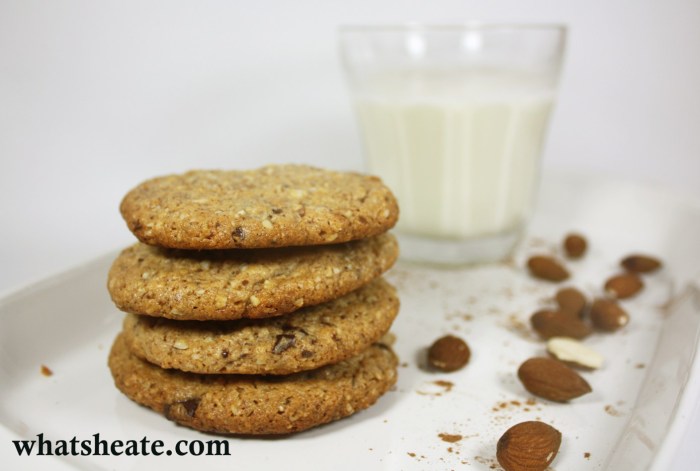
Protein cookies offer a convenient and tasty way to increase protein intake. However, it’s essential to compare their nutritional value to other protein sources to make informed choices.
Protein Content
Protein cookies typically contain around 10-20 grams of protein per serving, which is comparable to a small portion of lean meat or dairy products. However, the protein quality may vary depending on the type of protein used.
Nutritional Value
In terms of nutritional value, protein cookies may not be as well-rounded as whole food protein sources. They often contain added sugars, unhealthy fats, and low amounts of fiber and essential nutrients.
Advantages and Disadvantages
- Advantages:Convenience, portability, taste, variety of flavors
- Disadvantages:Potential for high calories, added sugars, low nutritional value
Incorporation into a Balanced Diet, Are protein cookies good for weight loss
Protein cookies can be incorporated into a balanced diet in moderation. Consider the following tips:
- Choose cookies with higher protein content and lower added sugars.
- Combine protein cookies with whole food protein sources to ensure a balanced intake.
- Monitor portion sizes and calorie intake to avoid overconsumption.
End of Discussion: Are Protein Cookies Good For Weight Loss
In conclusion, while protein cookies may offer some advantages as a convenient protein source, their effectiveness for weight loss remains a nuanced topic. Incorporating them into a balanced diet and consulting with a healthcare professional can help you determine if they align with your individual weight loss goals.
Ultimately, a holistic approach to nutrition and lifestyle remains paramount for sustainable weight management.



